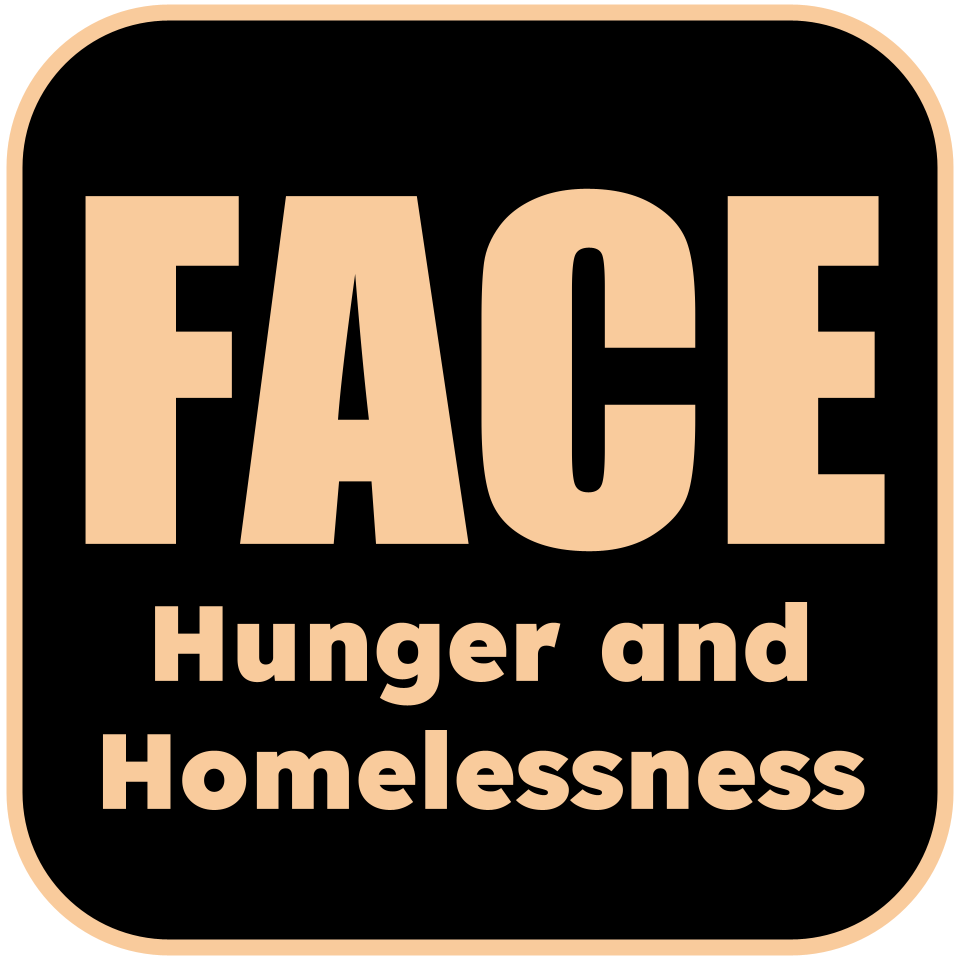by Bill Tibbitts, Director of the Coalition of Religious Communities
In the past couple days I have had a couple ask me what I mean when I say that Senator Allen Christensen's SB 96 "repeals" Proposition 3. The easy answer to this question is that the bill makes major changes to Proposition 3 and that many of those changes will be worse for low income people who currently do not have a way to pay for basic healthcare.
A better answer is that SB 96 does not have a back up plan for providing ongoing coverage to Utahns in poverty if the federal government does not agree to allow Utah to ignore federal Medicaid rules. The core of SB 96 are two "waiver" requests asking federal officials to waive federal Medicaid rules for Utah. If those waivers are granted by the federal government then SB 96 will potentially ensure that most of the people who would have gotten coverage through Proposition 3 are eligible for some kind of free or very low cost healthcare plan.
Unfortunately, we have no way of knowing now if those waiver requests will be approved. If they are not approved then no uninsured person who would have been covered by Proposition 3 will get coverage.
I have friends who think there is a 90 percent chance that the waiver requests will be denied. Conservative think tanks are opposing this idea and, with presidential primary debates set to begin in June, it is unlikely that the President is going to do anything that alienates conservative voters this year. These friends' confidence that the waiver will be rejected is the reason they are so adamant that SB 96 is a complete repeal of Proposition 3.
The sponsors of SB 96 have the opposite opinion. They have been talking to the people in the federal government who decide whether or not waivers are granted and say they have been all but promised that the waiver will be granted. I think they believe this and are very excited for Utah to show other red states how to expand Medicaid while spending less money.
I went to the presentation on SB 96 in committee yesterday and the thing that made me nervous was that the bill sponsor said that he was confident the waivers in this bill would be approved because it included changes to a bill that passed last year that the feds asked be included. The reason this troubled me is that the same federal officials who are apparently telling state officials they want to approve the waiver ideas in this year's bill were allegedly saying the same thing about last year's bill. This makes me worry that on Medicaid expansion Utah officials are playing the role of Charlie Brown, lining up to kick a football, while the federal officials are playing the role of Lucy, perpetually moving the ball out of reach every time state officials get close to touching it.
I am also concerned because the Trump administration has an unprecedented level of turnover. It is possible that whomever is encouraging Utah officials to apply for waivers now is not going to be the person who makes the decision to approve or deny them if they are submitted.
For the sake of argument, let's agree to assume that there is a fifty percent chance the waivers in SB 96 will get approved and a fifty percent chance they will not. That means there is a fifty percent chance SB 96 will fully repeal Proposition 3 and lead to the completely elimination of Medicaid expansion. As a voter who enthusiastically voted for Proposition3, that outcome is not acceptable.
I understand why state officials are hoping to convince the federal government to let them do Medicaid expansion in a way that involves the federal government spending more and state government spending less. Bargain shopping is something most people can relate to. What I cannot understand is why uninsured people in poverty have to be the ones who suffer if state officials fail to haggle their way to the bargain they are seeking. It would be different if legislators were the ones who lose healthcare if the deal falls through.
It would also be different if the SB 96 had a back up plan for providing coverage to uninsured Utahns in poverty if its waiver request fails. The bill does not have that back up plan and so I am going to continue to refer to SB 96 as a repeal of Proposition 3.
In the past couple days I have had a couple ask me what I mean when I say that Senator Allen Christensen's SB 96 "repeals" Proposition 3. The easy answer to this question is that the bill makes major changes to Proposition 3 and that many of those changes will be worse for low income people who currently do not have a way to pay for basic healthcare.
A better answer is that SB 96 does not have a back up plan for providing ongoing coverage to Utahns in poverty if the federal government does not agree to allow Utah to ignore federal Medicaid rules. The core of SB 96 are two "waiver" requests asking federal officials to waive federal Medicaid rules for Utah. If those waivers are granted by the federal government then SB 96 will potentially ensure that most of the people who would have gotten coverage through Proposition 3 are eligible for some kind of free or very low cost healthcare plan.
Unfortunately, we have no way of knowing now if those waiver requests will be approved. If they are not approved then no uninsured person who would have been covered by Proposition 3 will get coverage.
I have friends who think there is a 90 percent chance that the waiver requests will be denied. Conservative think tanks are opposing this idea and, with presidential primary debates set to begin in June, it is unlikely that the President is going to do anything that alienates conservative voters this year. These friends' confidence that the waiver will be rejected is the reason they are so adamant that SB 96 is a complete repeal of Proposition 3.
The sponsors of SB 96 have the opposite opinion. They have been talking to the people in the federal government who decide whether or not waivers are granted and say they have been all but promised that the waiver will be granted. I think they believe this and are very excited for Utah to show other red states how to expand Medicaid while spending less money.
I went to the presentation on SB 96 in committee yesterday and the thing that made me nervous was that the bill sponsor said that he was confident the waivers in this bill would be approved because it included changes to a bill that passed last year that the feds asked be included. The reason this troubled me is that the same federal officials who are apparently telling state officials they want to approve the waiver ideas in this year's bill were allegedly saying the same thing about last year's bill. This makes me worry that on Medicaid expansion Utah officials are playing the role of Charlie Brown, lining up to kick a football, while the federal officials are playing the role of Lucy, perpetually moving the ball out of reach every time state officials get close to touching it.
I am also concerned because the Trump administration has an unprecedented level of turnover. It is possible that whomever is encouraging Utah officials to apply for waivers now is not going to be the person who makes the decision to approve or deny them if they are submitted.
For the sake of argument, let's agree to assume that there is a fifty percent chance the waivers in SB 96 will get approved and a fifty percent chance they will not. That means there is a fifty percent chance SB 96 will fully repeal Proposition 3 and lead to the completely elimination of Medicaid expansion. As a voter who enthusiastically voted for Proposition3, that outcome is not acceptable.
I understand why state officials are hoping to convince the federal government to let them do Medicaid expansion in a way that involves the federal government spending more and state government spending less. Bargain shopping is something most people can relate to. What I cannot understand is why uninsured people in poverty have to be the ones who suffer if state officials fail to haggle their way to the bargain they are seeking. It would be different if legislators were the ones who lose healthcare if the deal falls through.
It would also be different if the SB 96 had a back up plan for providing coverage to uninsured Utahns in poverty if its waiver request fails. The bill does not have that back up plan and so I am going to continue to refer to SB 96 as a repeal of Proposition 3.








